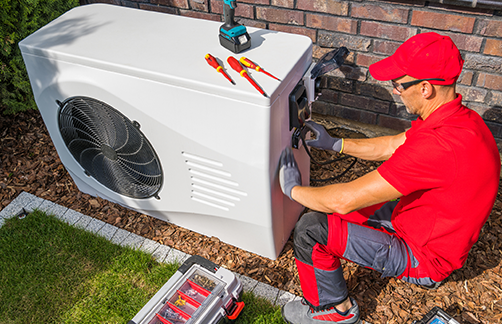Independent research and reports from BRE
We share our research and reports so that built environment professionals, academics and policymakers can benefit from our work. We often collaborate with government, educational institutions and other research bodies to make sure that our research is rigorous, wide-ranging, and valuable.
BRE carries out independent research to create products, standards and qualifications that make sure buildings, homes and communities are safe and sustainable. Read more about our vision and purpose.

Poor housing to cost over £135.5bn over the next 30 years
A new cost-benefit analysis published by the Building Research Establishment (BRE) has revealed that remedial work to England’s poorest housing could provide £135.5 billion in societal benefits over the next 30 years. These benefits include savings to the NHS, lower energy bills and carbon emissions, higher asset values and improved economic opportunities as a result of better health.
Poor housing costs the NHS £1.4bn a year
The BRE report ‘The Cost of Poor Housing in England’ quantifies the cost burden to the NHS caused by hazards in poor quality homes in England. Our findings reveal that 2.6 million homes in England, 11% of the country’s homes, are categorised as ‘poor quality’. According to BRE’s analysis, more than half (£857 million) of this annual NHS treatment bill can be attributed to defects in homes which expose residents to excess cold, while the second biggest cost to the NHS comes from hazards such as falls on the stairs.


Decarbonising Britain’s heating
Heating our buildings accounts for nearly a quarter (23%) of the UK’s total greenhouse gases and decarbonising heat will be crucial to achieving net zero. BRE’s research finds that, based on current technology, heat pumps are the best option to move households away from fossil fuels to clean energy. Heat pumps can be most affordably installed and run in well-insulated buildings. The reduced heat demand in insulated buildings can be met by the steady, lower temperature heat that heat pumps most efficiently provide.
Summertime overheating
Overheating is becoming commonplace in certain types of UK homes. Trends towards increased urbanisation, combined with the potential effects of climate change and global warming could mean more homes will suffer from overheating and exacerbate the problem for those that already overheat.

